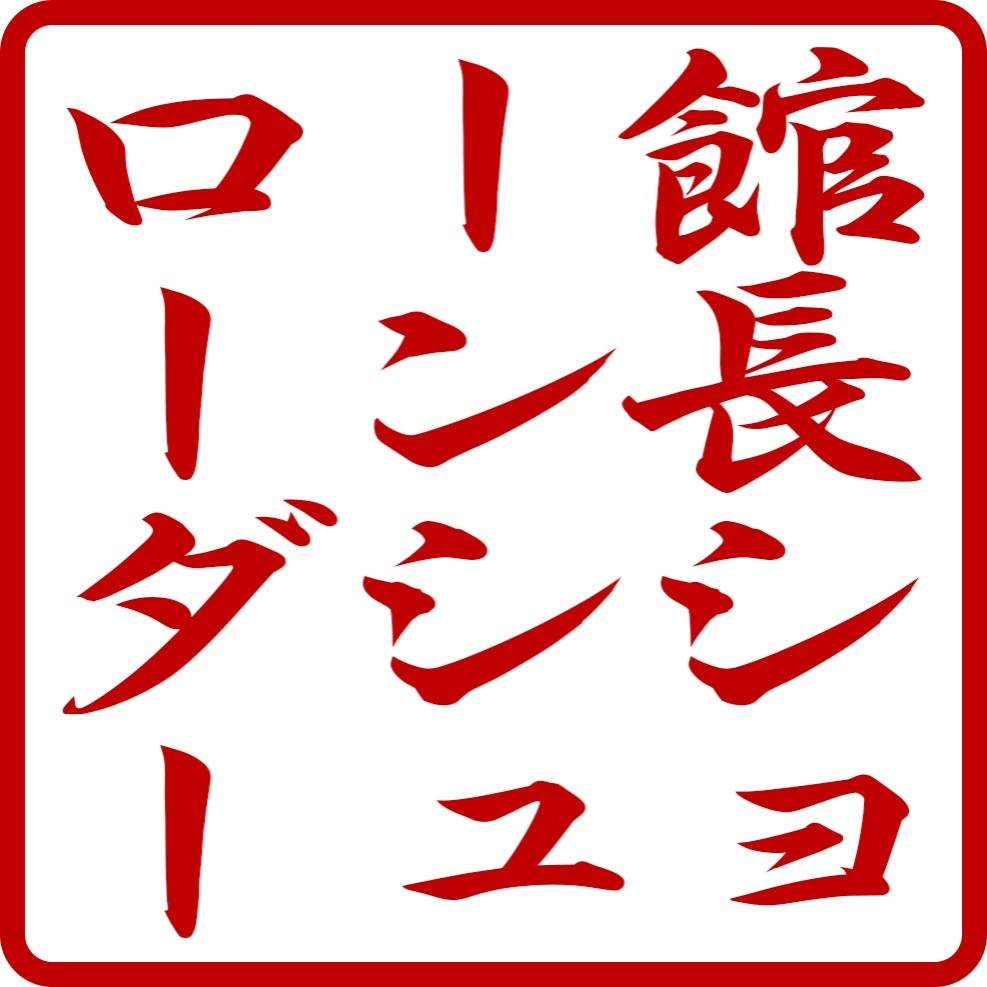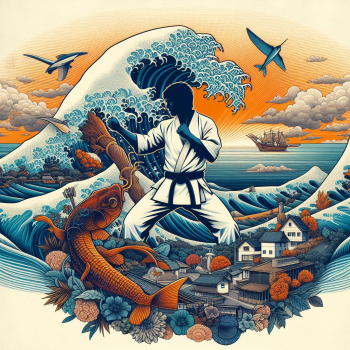Cova karate Virginia beach
Martial Arts Academy Virginia Beach
Choosing the Right Okinawan Karate Dojo in Virginia Beach: A Guide for Serious Students
Embarking on the journey of Okinawan karate is a decision that can transform your life. Beyond the physical training, karate instills discipline, sharpens mental focus, and strengthens your character. But to fully reap these benefits, you need to choose the right dojo—one that’s not stuck in the past but committed to helping you grow in today’s world.
Step 1: Scrutinize the Website – Is It About You or About Them?
When researching potential dojos in Virginia Beach, start by visiting their websites. This is often the first impression you'll get of the school. Pay close attention to the content—what is it really about? Is the site designed to educate and welcome you, or does it focus more on glorifying the dojo, the instructor, and their achievements?
Beware of the Lineage Trap
Many traditional dojos pride themselves on their lineage and historical achievements. While lineage is certainly important, as it connects the school to a rich heritage and time-tested techniques, an overemphasis on lineage can be a red flag. When a dojo’s website fixates on its historical roots and the grandmasters from whom they descended, it can sometimes signal a school that is more concerned with preserving the past than with addressing the needs of today’s students.
Too much emphasis on lineage can create an environment where the school is more about maintaining an image than about teaching practical skills. It can lead to a rigid approach to instruction, where the focus is on adhering to traditional forms rather than adapting to the needs of the modern student. In essence, the dojo becomes a museum piece, more concerned with keeping the past alive than with helping you grow in the present.
A website that talks more about the dojo’s history, the instructor’s accolades, and their impressive titles—rather than addressing your needs as a prospective student—can be a red flag. Karate, at its core, seeks to eliminate ego. However, many karate schools are driven by it, and their websites often reflect this.
A school that prioritizes showcasing its own success over helping you understand how they can meet your goals might not be the best fit. The school's mission should be clear, addressing questions like:
- What are the school’s objectives?
- What problems does their training aim to solve for you?
- How will you benefit from training there?
If the website seems more like a shrine to the instructor’s ego rather than a resource for your growth, it may indicate that the dojo is not aligned with the true spirit of karate. Your journey in martial arts should be about personal development, not feeding someone else’s ego. Karate is a living art—continuing to evolve—so a dojo should balance respect for tradition with the ability to teach practical skills in today's context.
Step 2: Dojo Visit – Does It Align with the Website?
A dojo's online presence will Reveals Its True Focus and Priorities, are they right for you?
After your online research, it’s crucial to visit the dojo in person. But before you even set foot in the dojo, take a close look at the website’s imagery and overall presentation. The images and design choices can tell you a lot about the dojo’s priorities and whether it’s truly focused on the student experience or more concerned with maintaining an outdated image.
-
The Image the Website Conveys
The images on a dojo’s website are often the first visual representation you’ll see of the school. Ask yourself: What message are these images sending? Are they modern and relevant, or do they seem stuck in a different era? A dojo that uses images reminiscent of middle school yearbook photos or the old Glamour Shots of the 1980s might be out of touch with today’s reality. These types of images can indicate that the dojo is more focused on nostalgia or projecting a certain image rather than providing a contemporary and effective learning environment.
When you come across these dated images, consider what the school is really trying to convey. Is it trying to impress you with polished, posed photos that lack authenticity, or is it genuinely showcasing what you can expect as a student? A dojo that relies on overly staged or old-fashioned photos may be more interested in maintaining a facade than in demonstrating the real value of its training.
On the other hand, a dojo that features images of actual classes, real interactions between students and instructors, and authentic moments of learning is likely more focused on providing a genuine and valuable experience. These types of images give you a better sense of what the school is really like and whether it aligns with your goals.
-
Consistency Between Website and Dojo
After evaluating the website, it’s time to visit the dojo in person. The first question you should ask yourself is whether the teaching reflects the message portrayed on the website. Consistency is key. A dojo that is serious about helping students grow will show that commitment in every aspect, from its online presence to its instruction.
During your visit, don’t settle for a 45-minute "private" introduction class. Often, this can be more of a sales pitch than a genuine introduction to the school's teachings. Instead, ask to train with the class. This allows you to observe the dynamics of the group, meet the students, and gauge whether the training style suits you.
Pay attention to the atmosphere in the dojo. Is it welcoming and supportive, or does it feel more like a place where the instructors are simply going through the motions? Are the students engaged and motivated, or do they seem disconnected? These are important indicators of whether the dojo’s culture matches the image it projects online.
-
Building Connections
Remember, these are the people you’ll be spending a lot of time with, so it’s essential to see if you can connect with them on a personal level. You want to find a dojo in Virginia Beach where you feel welcomed, challenged, and supported by your fellow students. The right dojo will be a place where you can grow not just in your martial arts skills, but as part of a community that values and supports your personal development.
By taking the time to evaluate both the website and the dojo in person, you’ll be better equipped to find a school that truly meets your needs. A consistent and authentic representation from online to in-person is a strong sign that the dojo is genuinely committed to its students’ success.
Step 3: Look Beyond the Tradition
Balancing Tradition and Innovation
While Okinawan karate is deeply rooted in tradition, an effective dojo should not be confined by its past. Tradition is essential, providing a foundation of discipline, respect, and technical precision that has been honed over centuries. However, a dojo that places a heavy emphasis on lineage and past achievements, while neglecting the practical needs of today's students, may be limiting its potential to truly help you grow.
-
The Pitfall of Overemphasizing Lineage
A dojo that fixates on its lineage often does so to the detriment of innovation and adaptability. While knowing that your instructor trained under a respected master or that your school is part of a prestigious karate lineage can be reassuring, these accolades should not overshadow the school's current mission: to teach and develop its students. When a dojo's identity is primarily built around its historical connections, it risks becoming stagnant, more concerned with preserving a legacy than with cultivating new talent.
This focus on the past can lead to a rigid approach to teaching, where the curriculum is treated as sacred and unchangeable. In such environments, the techniques and philosophies may be taught exactly as they were generations ago, with little consideration for how they apply to modern challenges. The world has changed dramatically since the inception of these martial arts systems, and a dojo that fails to evolve alongside it may leave you ill-equipped to handle real-world situations.
Moreover, an excessive focus on lineage can also foster an atmosphere of elitism, where the school's history is used as a gatekeeper rather than a bridge to learning. This can create a culture where students are expected to conform without question, rather than being encouraged to explore and understand the deeper principles behind the techniques they are learning.
-
Tradition with a Purpose
While respecting tradition, a truly effective dojo will integrate these time-honored practices with a forward-thinking approach. It will recognize that the essence of karate—discipline, focus, respect—remains relevant, but the methods used to instill these values must evolve. The right dojo will honor its roots but will not be bound by them. Instead, it will adapt, incorporating modern training techniques, real-world applications, and a focus on individual student development.
A school that combines tradition with innovation keeps the spirit of Okinawan karate alive while addressing the needs of today’s world. It understands that the ultimate goal of karate is not to recreate the past but to empower students to navigate the present and future with confidence, strength, and integrity.
-
A Community of Growth
Ultimately, the right dojo should make you feel like you’re part of something bigger than yourself—a community that pushes you to become the best version of yourself. The emphasis should be on your growth, not just the preservation of past achievements. Choose a dojo that values your progress, fostering an environment where tradition serves as a foundation for continuous learning and personal development.
In this way, you’ll find a dojo that not only respects its heritage but also equips you with the tools and mindset needed to thrive in today’s world.
Choosing the Right Okinawan Karate Dojo in Virginia Beach
Embarking on the path of Okinawan karate can profoundly impact your life, offering not just physical training but also personal growth. To find the right dojo, start by examining their website carefully. Look beyond historical accolades and lineage-focused content, which may indicate a focus on preserving an image rather than meeting modern needs. A dojo that prioritizes its history over practical instruction might be more concerned with ego than student development.
After your online research, visit the dojo in person. Assess whether the teaching aligns with what was promised online and avoid settling for a brief "private" class. Instead, train with the regular class to gauge the real environment and see if you connect with the students and the style.
Choose a dojo that integrates tradition with contemporary relevance, balancing respect for heritage with innovative practices that focus on your growth and practical skills.
Introducing CoVa Karate in Virginia Beach
At CoVa Karate, we understand that while our foundation is rooted in Okinawan Shorin-ryu, our lineage story is just one part of what we offer. What truly matters is how we help you achieve your personal goals through karate. Whether you’re looking to build confidence, improve physical fitness, or develop mental resilience, our training is designed to meet your needs in today’s world.
We invite you to experience Okinawan karate for the modern world by signing up for two free classes and training with our students. Discover how CoVa Karate can support your growth in a supportive and challenging environment. By following this guide and choosing the right dojo, you’ll find a place that not only teaches karate but also helps you grow as a person. If you’re in Virginia Beach and ready to start your journey, CoVa Karate is here to help you every step of the way.
Sign up for your 2 free classes and train with our students
Training program is offered through Coastal Virginia Karate and will have a physical component to it.

